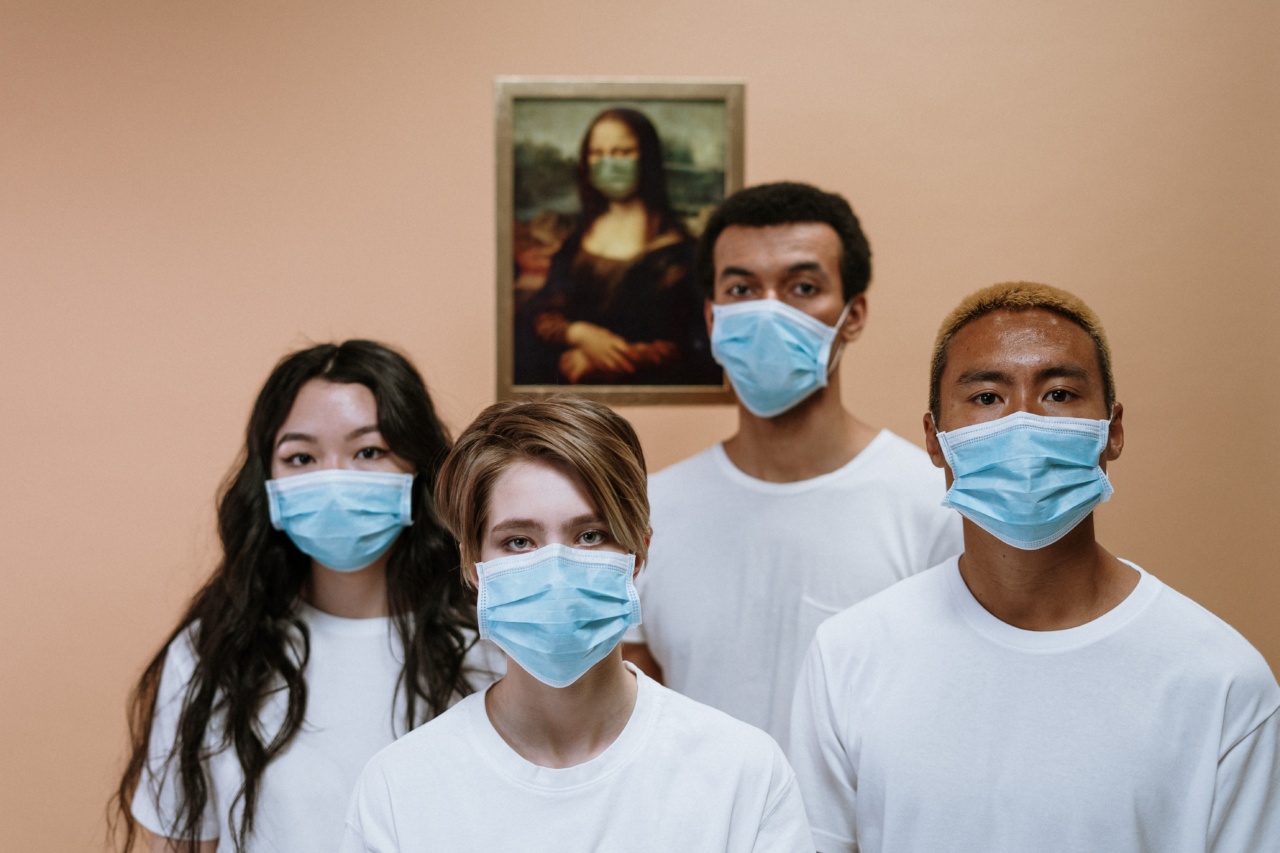Traveling abroad can be an exciting adventure, but it’s important to be prepared for any unexpected health emergencies that may arise.
From sudden illnesses to accidents, it’s crucial to know what benefits you have access to in order to receive the appropriate medical care. In this article, we will explore the importance of knowing your benefits before you go and how to make the most of them.
1. Understanding Your Insurance Coverage
Prior to embarking on your international journey, take the time to thoroughly review your health insurance policy. Understand what is covered and what is not, especially when it comes to medical emergencies abroad.
Some insurance policies may have limitations or exclude certain countries, so it’s vital to know where your coverage stands.
2. Contact Your Insurance Provider
Reach out to your insurance provider to clarify any doubts or questions you may have regarding your coverage.
They can provide you with a list of approved healthcare providers in your destination country and guide you on how to navigate the healthcare system abroad. Additionally, you can inquire about reimbursement options if you need to pay for medical services out of pocket.
3. Purchase Travel Medical Insurance
If your current health insurance does not provide sufficient coverage while traveling internationally, consider purchasing travel medical insurance.
This specialized type of insurance fills in the gaps left by your regular health insurance and ensures you are protected in case of any medical emergencies abroad. It’s important to read the policy carefully to understand the extent of coverage and any exclusions.
4. Research Medical Facilities at Your Destination
Prior to your trip, research the quality and availability of medical facilities at your destination. Find out where the nearest hospitals or clinics are located and if they have the necessary equipment and expertise to handle emergencies.
Additionally, consider downloading any relevant translation apps to aid communication with healthcare providers if a language barrier exists.
5. Carry Relevant Medical Documents
Make copies of important medical documents such as prescriptions, vaccination records, and allergies. These documents can be essential in providing necessary information to healthcare professionals abroad.
Keep the copies in a safe place separate from the originals. In case of loss or theft, it’s also wise to have digital copies stored securely on your phone or email.
6. Familiarize Yourself with Emergency Hotlines
Research the emergency hotline number for your destination country and save it in your phone. This number can quickly connect you to the appropriate authorities or medical services in case of an emergency.
Being familiar with the local emergency response system can save precious time and potentially be life-saving in critical situations.
7. Understand Medical Evacuation Coverage
Medical evacuation is often a crucial aspect of international health emergencies. It involves transporting you to a location with suitable medical facilities when the local healthcare system cannot adequately address your needs.
Check if your insurance policy covers medical evacuation and understand the process and costs involved. Some countries may require an additional medical evacuation policy.
8. Keep Emergency Contact Information Handy
Always carry a list of emergency contact details, including the emergency contact number of your insurance provider, embassy, and a trusted family member or friend.
In the event of an emergency, these contacts can provide guidance and support throughout the process.
9. Stay Up to Date with Travel Warnings and Advisories
Before finalizing your travel plans, check for any travel warnings or advisories issued by your government for your destination country.
These notifications provide valuable information regarding safety and health risks, including disease outbreaks or civil unrest. Staying well-informed can help you make informed decisions about your trip and take necessary precautions.
10. Stay Healthy During Your Trip
Prevention is always better than cure. Take necessary precautions to stay healthy during your trip by practicing good hygiene, being mindful of food and water safety, and staying up to date on vaccinations.
Simple measures like washing hands frequently, drinking bottled water, and carrying a small first aid kit can go a long way in preventing illnesses or injuries.





























